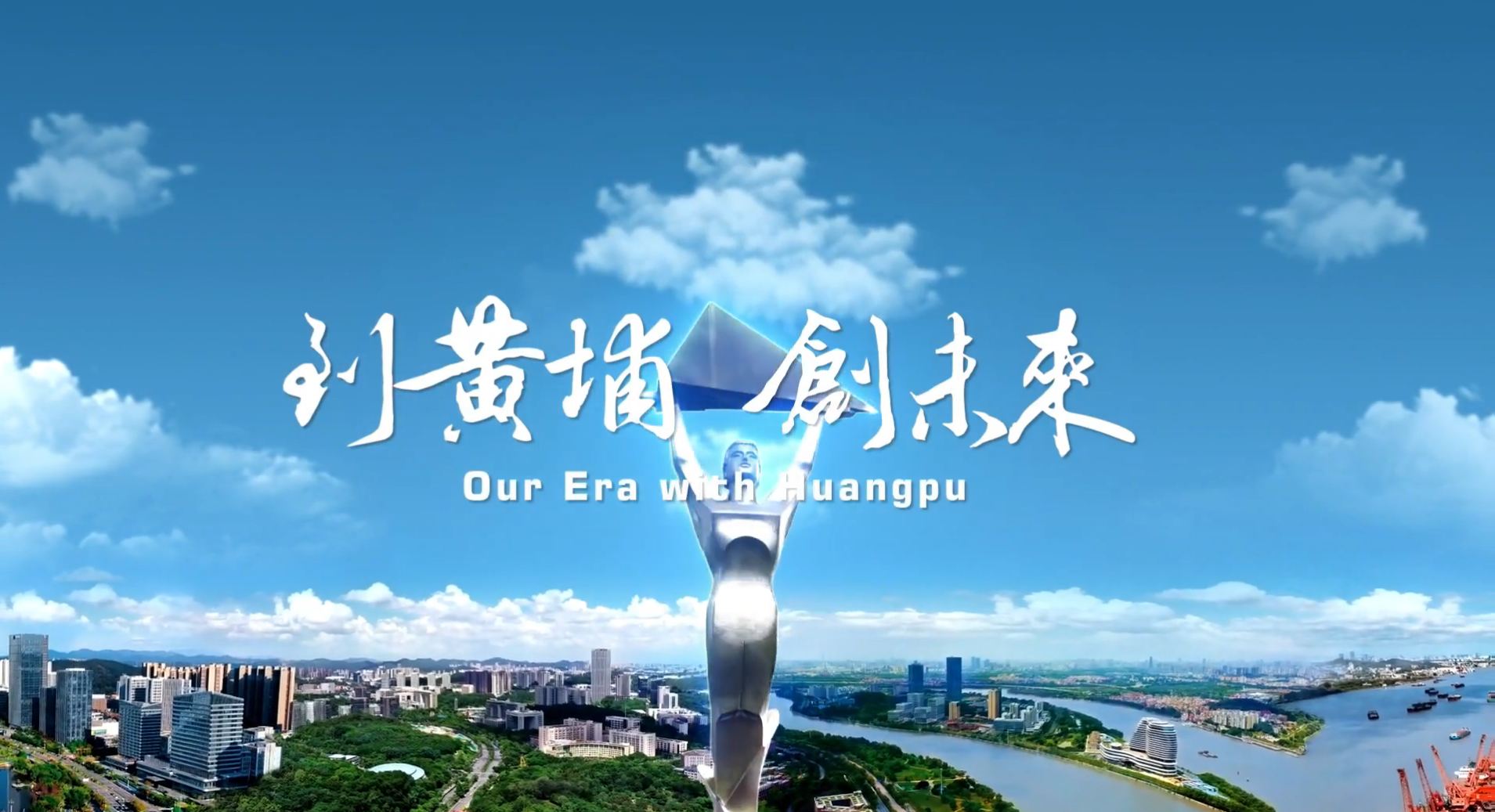Students returning from US explore startup landscape in Huangpu
Updated : 2018-07-05A group of Chinese students from prestigious universities, including the Massachusetts Institute of Technology, Johns Hopkins, Brown, Harvard, the University of Michigan, and Syracuse have returned to China seeking opportunities to commercialize their business projects.
The promotional event held in Guangzhou’s Huangpu district and Guangzhou Development District on July 5 was the last stop of their China tour.
Highlighting the next generation of information technology, artificial intelligence, and biological medicine (IAB), the promotional event included a round table conference hosted by IBM and MIT-CHIEF entrepreneurial and innovative teams, as well as road shows for IAB projects from the US.
Sponsored by the MIT-China Innovation and Entrepreneurship Forum (MIT-CHIEF), Chamber of Commerce of Guangzhou Industrial Parks and Guangzhou Block Chain Industry Association, it attracted 25 teams with 14 IAB projects seeking business opportunities in Guangzhou.
At the event, eight projects reached preliminary agreements for cooperation.
MIT-CHIEF is a nonprofit student organization registered at MIT. It aims to bring in Chinese students studying abroad to start their business in China and enhance innovation resource exchanges between China and the United States through various promotional activities.
Whether they can adapt to the domestic business environment is the biggest concern of the overseas entrepreneurial teams. That environment,, however, is the top advantage of Huangpu District and Guangzhou Development Zone.
Among the earliest-founded state-level economic development zones in China, GDD was an earlier carrier of China’s reform and opening-up policies and took the initiative for reform of regulations, land transfers and services for industrial parks, Zhou Yawei, Secretary of the GDD Party Working Committee, said at the opening ceremony of the round table conference.
He said that Huangpu District and GDD have been improving the business environment, and striving to create a preferred place for investment and the best destination for global enterprises and returned talents.
“We got the most direct feedback from the government here and the opportunity to meet in person here,” said Xing Wenting, a core member of the Sensii project team and a PhD from MIT.
Chen Jianrong, secretary general of the administrative committee of Guangzhou Development District, told the entrepreneurial and innovative teams not to hesitate to ask questions.
"What are you most worried about here? What do you want us to do for you? Feel free to ask questions," he said. "The more questions you raise, the more opportunities we will have to serve you."
At a road show, in order to immediately respond to the teams’ requests, a group of governmental departments, ranging from economic and information technology , finance and safety supervision to drug supervision, health, and electric power, were called in for face-to-face conversations.
Few governments but Huangpu District and Guangzhou Development District communicate with project teams, answer questions, take down inquiries or offer solutions on the spot before road shows, said Li Huhang, CEO of the AeroSpec project.
He spoke highly of the local government’s executive ability, adding that the positive and open attitude of the government “is undoubtedly a morale booster” for his team.
GDD has set up an efficient system to incubate businesses. At the same time, it streamlined its services for the registration and completion of investment projects to make itself "a place closest to success" for corporations and talents.
The district got the nod from the provincial government to become a reform and experimental zone for Guangdong's business environment in June.
The promotional event in Guangzhou was the MIT-CHIEF’s first tour in GDD. According to incomplete statistics, the MIT-CHIEF has toured many core cities in terms of innovation and entrepreneurship and has gained about 100 million yuan ($14.41 million) investment in China.
- Investment and Entrepreneurship
- Investment Advantages
- Investment Guide
- Policies
- Key Projects
- Major Industries
- Industrial Parks
- Investment Opportunities
- Technological Innovation
- IPR
- Enterprises
- Talents
All rights reserved. Presented by China Daily
粤ICP备16087157号-1










